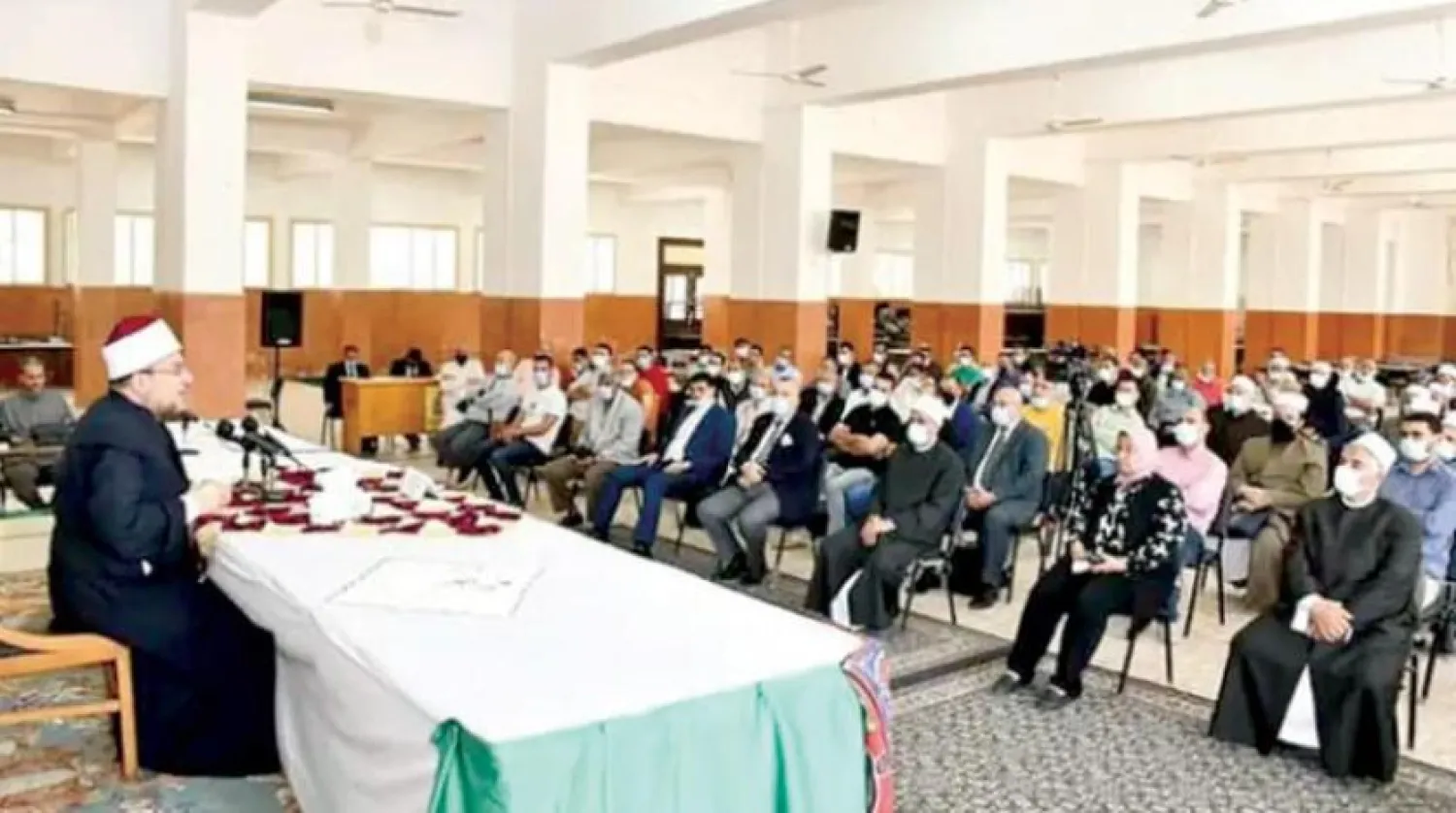Egypt will train mosque imams and preachers on digital transformation and cyberspace, in an endeavor to improve their capabilities and maximize their communication skills.
The training on computer and digital transformation will kick off on Saturday at the International Endowment Academy for Training and Rehabilitation of Imams in Giza.
The Egyptian Ministry of Endowments (Awqaf) said that the program was aimed at enhancing scientific excellence and knowledge among the imams and the ministry’s employees.
Egyptian Minister of Endowments Mohamed Mokhtar Gomaa inaugurated in January the International Awqaf Academy (IAA), a training institute for imams and preachers in the governorate of Giza.
In a speech on the occasion, the minister said that the Academy was a starting point toward moving forward with the call “to renew Islamic discourse to face an intellectual stalemate and extremism.”
The IAA was built on an area of 11,000 square meters for 100 million Egyptian pounds ($5.6 million), funded by the Ministry of Endowments, and fitted with modern equipment and computer rooms.
The initiative came upon the directives of President Abdel-Fattah El-Sisi, who had called for developing training programs for imams and preachers, to improve their capabilities and communication skills.









